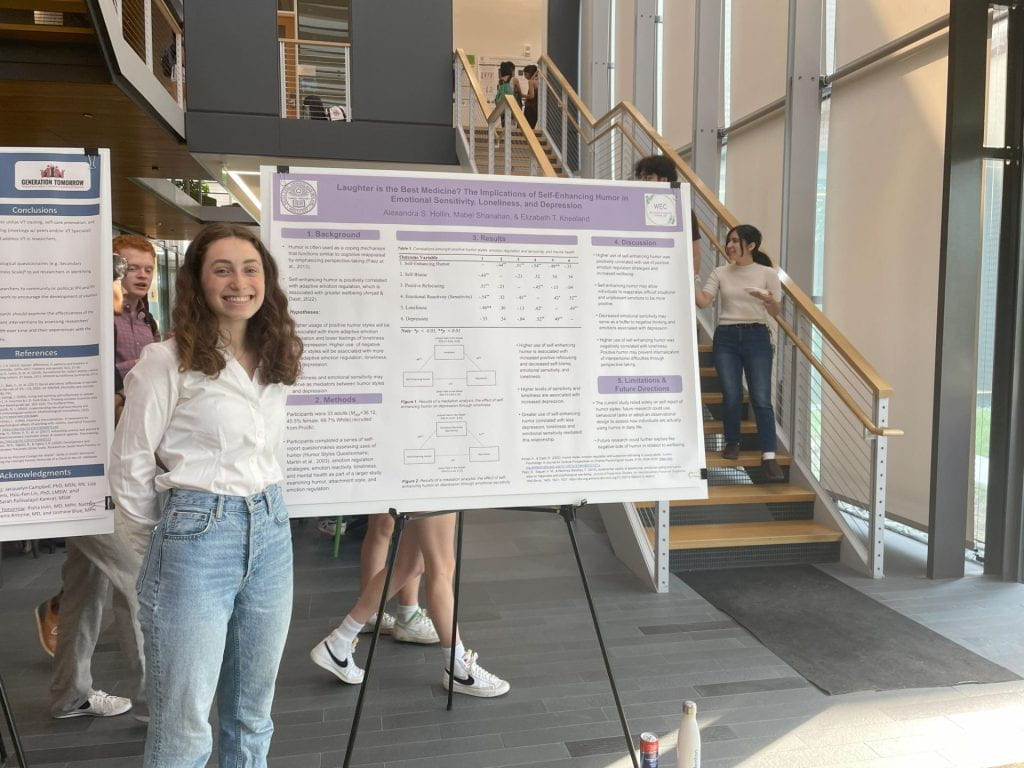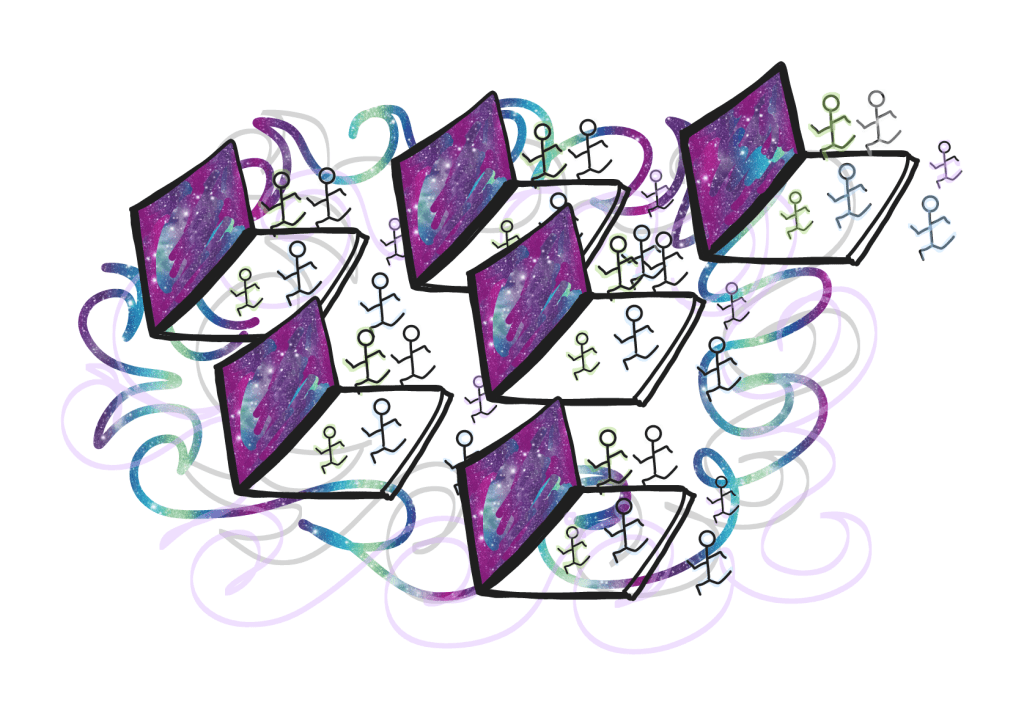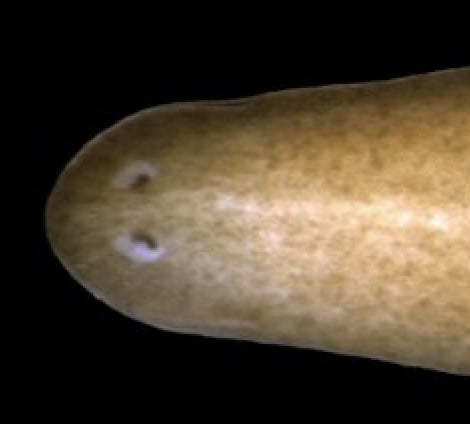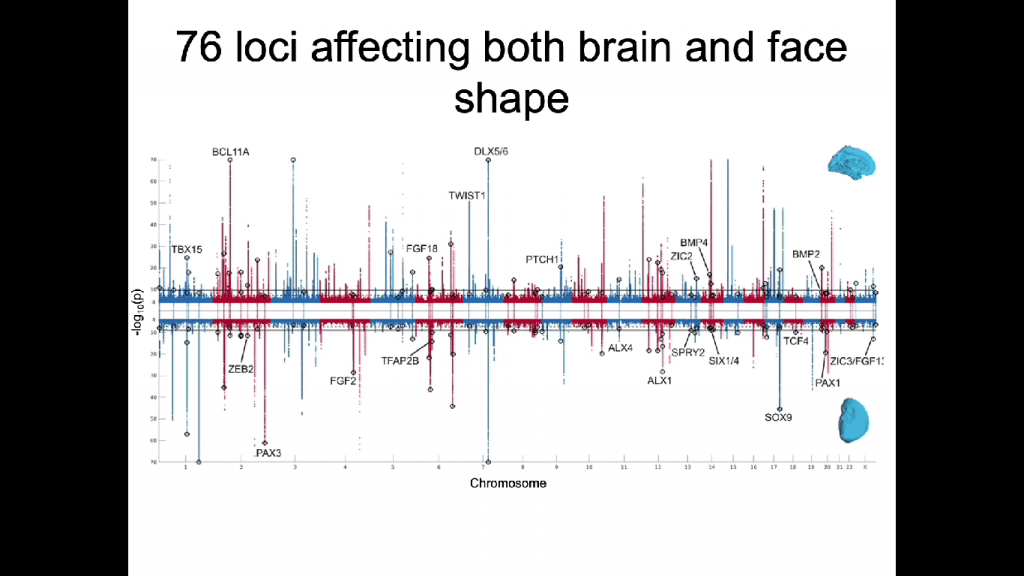By Nora Lowe On September 8, the Science Center was cleared of furniture and filled instead with student researchers. This year’s cohort of Summer Undergraduate Research Fellowship (SURF) participants presented more than 80 posters as the culmination of their multiweek experience of rigorous scientific inquiry across nine departments, as well as in collaboration with parties…
Below the SURFace: Amherst Students Present Their Research









